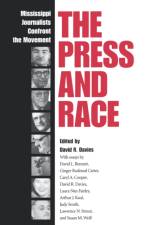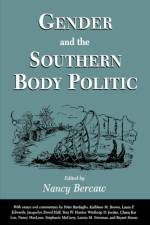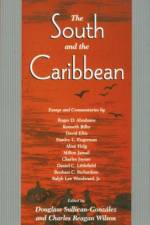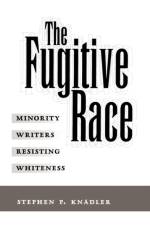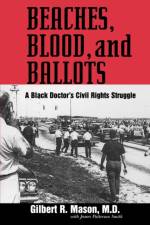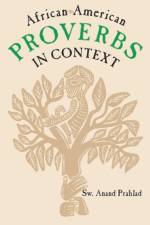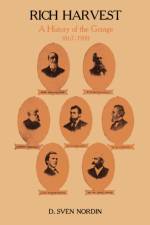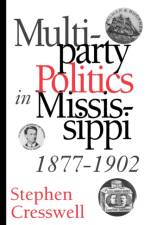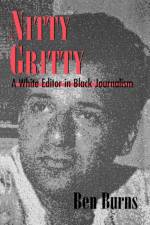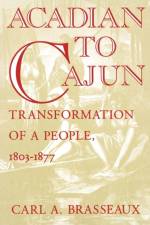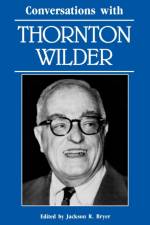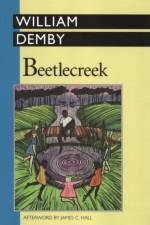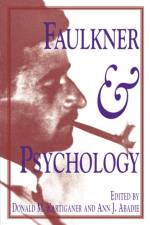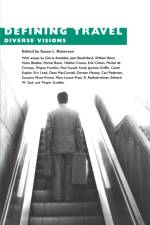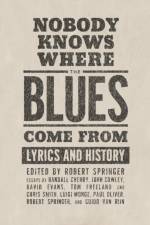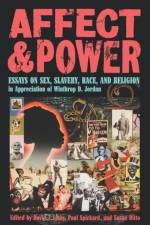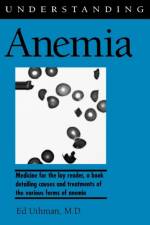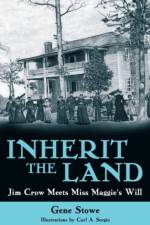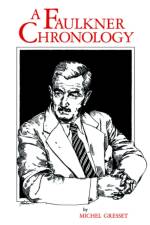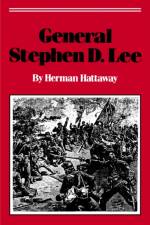av Ed Uthman
375,-
Each year thousands are told they suffer from anemia, but most have only a vague understanding of the condition. In fact, "e;anemia"e; is a generic term that includes myriad specific diseases, each of which has its own story regarding cause, manifestations, and treatments.Understanding Anemia gently builds upon elementary knowledge of biology to provide the general reader with a fairly sophisticated understanding of the various causes of anemia, of the methods used to make diagnoses, and of the principles of treatment. The book begins with a definition of anemia and a brief history of the scientific study of blood. It explains how the doctor makes the diagnosis and details the main types of anemia. Since the different conditions result from the failure of various organs, the reader will come away with a surprisingly broad understanding of human anatomy and physiology, encompassing the digestive, circulatory, and immune systems, nutrition, biochemistry, and heredity.Features:Specific anemias: iron deficiency, vitamin deficiencies, hemolytic anemias, hereditary anemias, and othersHelpful appendices: a practical guide to the metric system, a brief review of general cell biology, a table of normal values in commonly ordered lab tests, a description of the bone marrow biopsy procedure, a list of pitfalls a doctor faces during the evaluation of the anemic patient, resources for further study (both in print and on the Internet)


